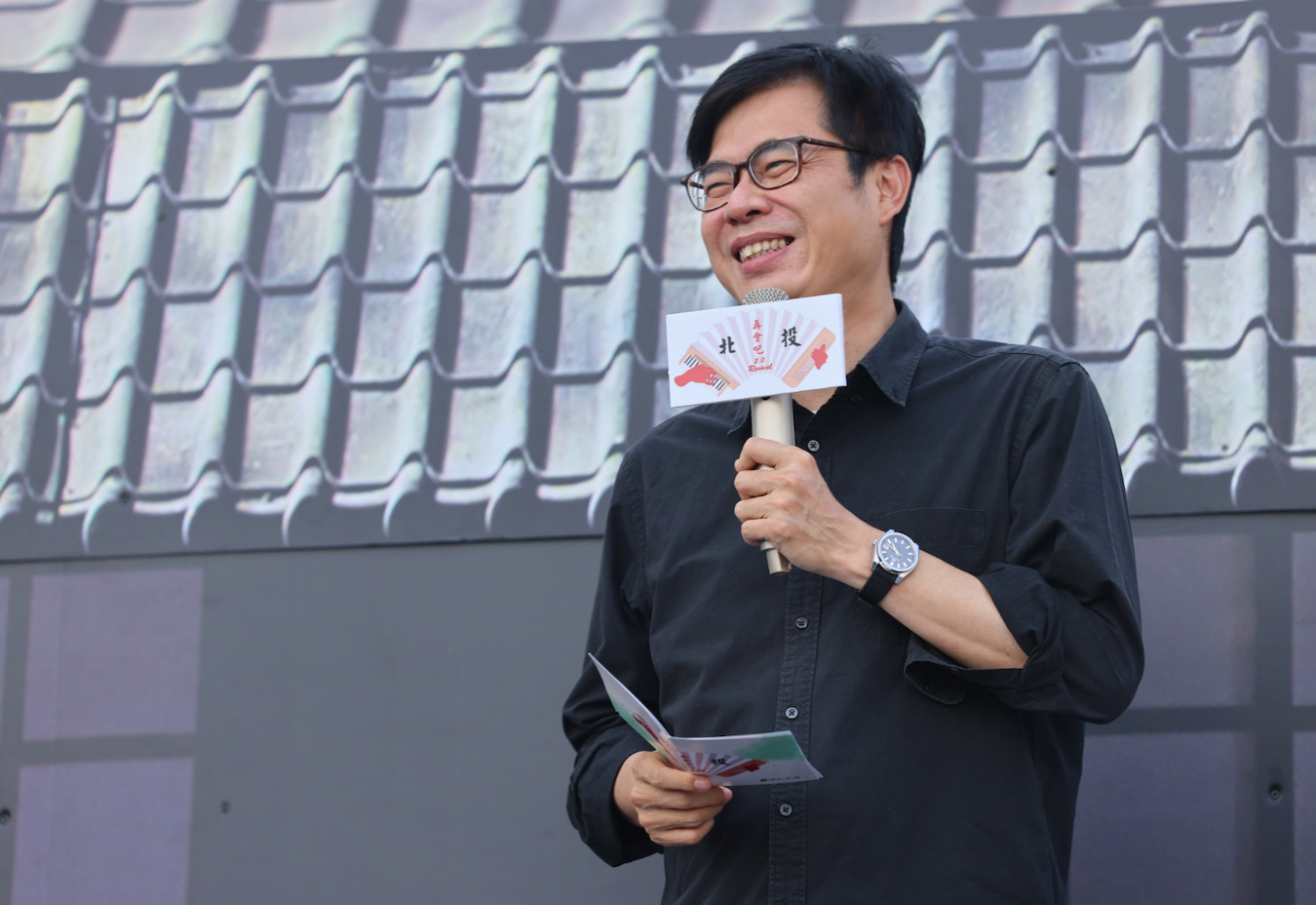by Brian Hioe
語言:
English
Photo Credit: Chen Chi-mai/Facebook
RECENT ATTACKS on the DPP mayor of Kaohsiung, Chen Chi-mai, from the KMT’s Kaohsiung mayoral candidate Ko Chih-en have hinged around the city’s suicide rate. Ko has pointed to the fact that eight bodies of Kaohsiung residents were found in Kaohsiung’s river in 37 days as a sign of Chen’s poor performance as mayor, insofar as it has affected the mental health of Kaohsiung residents. Ko has otherwise pointed to that there were 4,700 suicides in Kaohsiung in the past ten years, though Kaohsiung’s Health Bureau also responded that suicides were highest in 2019, during Han Kuo-yu’s brief tenure as mayor.
Chen responded by stating that the issue of suicide should not be used for political attacks. Nevertheless, one notes that Ko’s comments reflect a longstanding undercurrent of Taiwanese politics, in which broader issues of mental health or broader social attitudes in Taiwanese society as they affect are used as fodder for political attacks, rather than discussed in systemic, societal terms.
One notes this, for example, with regard to the KMT’s attacks on the Tsai administration for not using the death penalty, claiming that this has led to an increase in violent crime in Taiwan.
 Chen Chi-mai. Photo credit: Chen Chi-mai/Facebook
Chen Chi-mai. Photo credit: Chen Chi-mai/Facebook
As public reactions to the stabbing murders of two policemen go to show, the KMT seems to have been quite successful in this regard. According to a poll by the Foundation for the People, 79.9% of those surveyed believed that the Tsai administration has phased out the use of the death penalty. After the stabbings, there were calls for loosening restrictions on the police use of force, to allow police to more readily use firearms, and anti-death penalty groups came under fire from the media and public.
This is not actually the case, however, with the Tsai administration carrying out executions in September 2018, shortly before the 2018 nine-in-one elections in November. Namely, this took place after a series of murders that involved the dismemberment of the bodies that shocked Taiwan. Some of the dismemberments appeared to be copycat incidents, as is also sometimes the case with means of suicide.
In the wake of the dismemberment murders, the Tsai administration was criticized by the KMT for its reluctance to use the death penalty, with blame for the murders pinned on the Tsai administration. Some of the executed in September 2018 had similar profiles to the more recent dismemberment murders, hence the choice of who to execute. The preceding KMT Ma administration was also accused of using the death penalty shortly before it left office in order to close out its administration on a high note.
More broadly, there has been a failure to discuss how prevailing social attitudes or mental illness contribute to violent crime. One notes that all of the dismemberment incidents were of women by men, or that individuals that committed violent crimes may have had mental illnesses.
 Ko Chih-en. Photo credit: Ko Chih-en/Facebook
Ko Chih-en. Photo credit: Ko Chih-en/Facebook
Otherwise, the social discussion of suicide has been similar, though less often used for political attacks in this way compared to discussion of violent crime. There was a failure to discuss broader issues of misogyny, mental illness, or sexual violence after the 2017 suicide of author Lin Yi-han, for instance, after writing a book based on her experiences of sexual assault she experienced from a teacher. Instead, the suicide became fodder for tabloid gossip.
To this extent, the worldview connoted by attempts to pin broader issues of mental illness on a specific political leader is significant to note. In this worldview, mental illness is treated, say, as though natural disaster might be during dynastic times, as a sign of a leader’s unworthiness to rule, rather than a social issue that has specific causes and can be improved upon.
It is unlikely that attacks on Chen Chi-mai by Ko Chih-en will lead to any substantial discussion of the issue of suicide in Taiwan, then, though it remains to be seen whether such criticisms become a continued refrain of attacks on Chen. Ko Chih-en is, in any case, unlikely to defeat Chen, who is the incumbent and has the advantage in pan-Green Kaohsiung, even as the KMT has sought to repeat the unexpected success of Han Kuo-yu’s 2018 mayoral win by making inroads into historically pan-Green southern cities.

